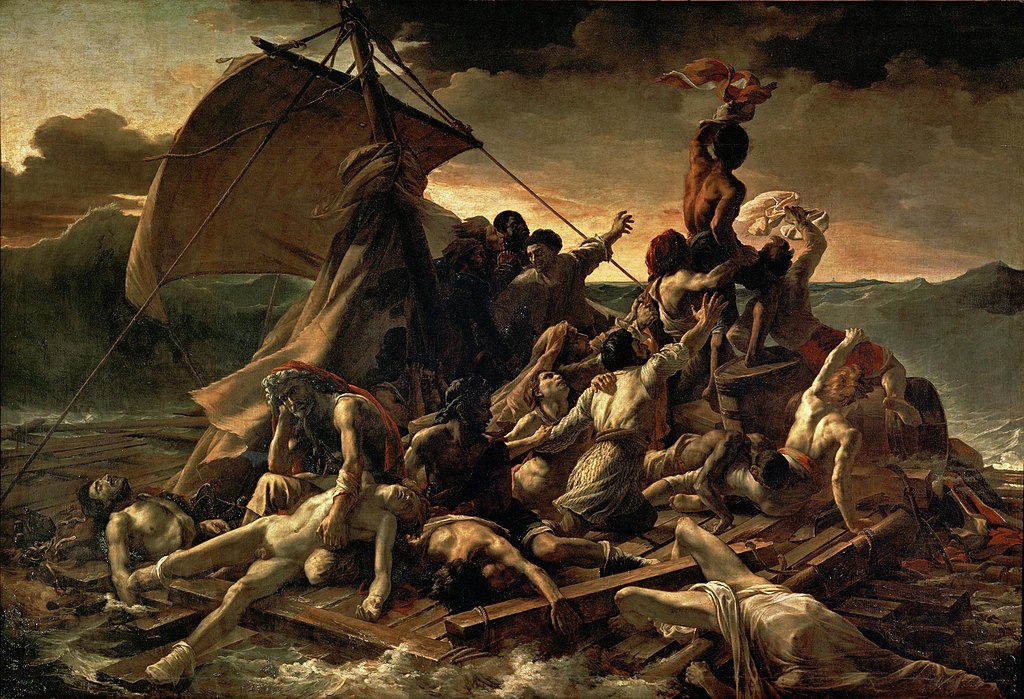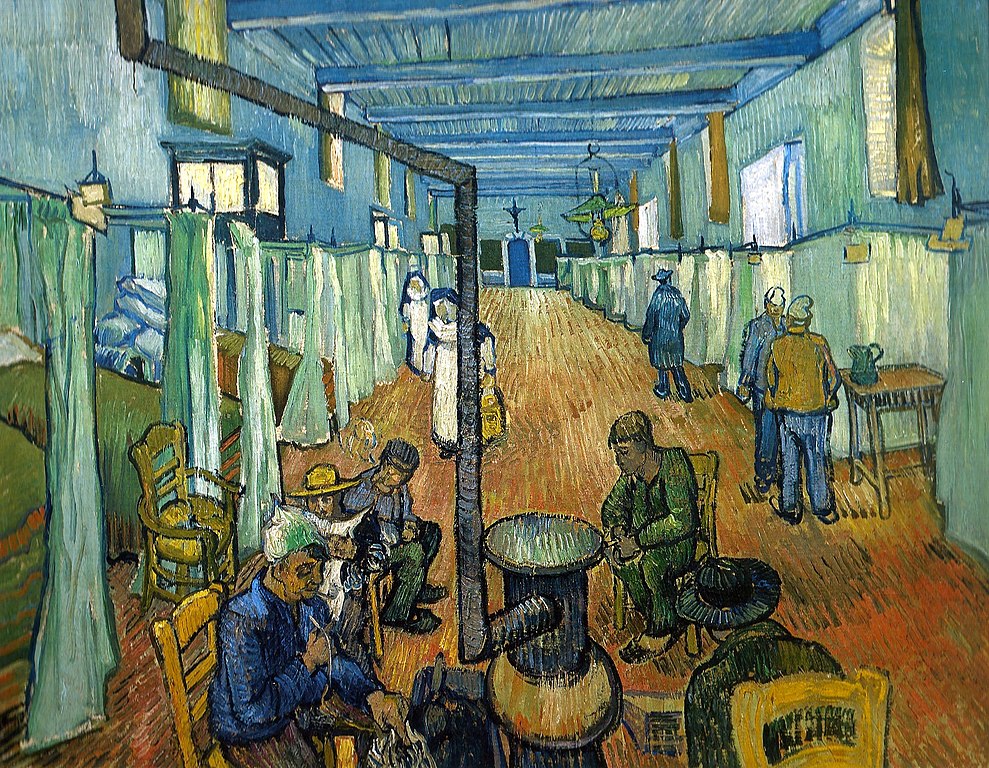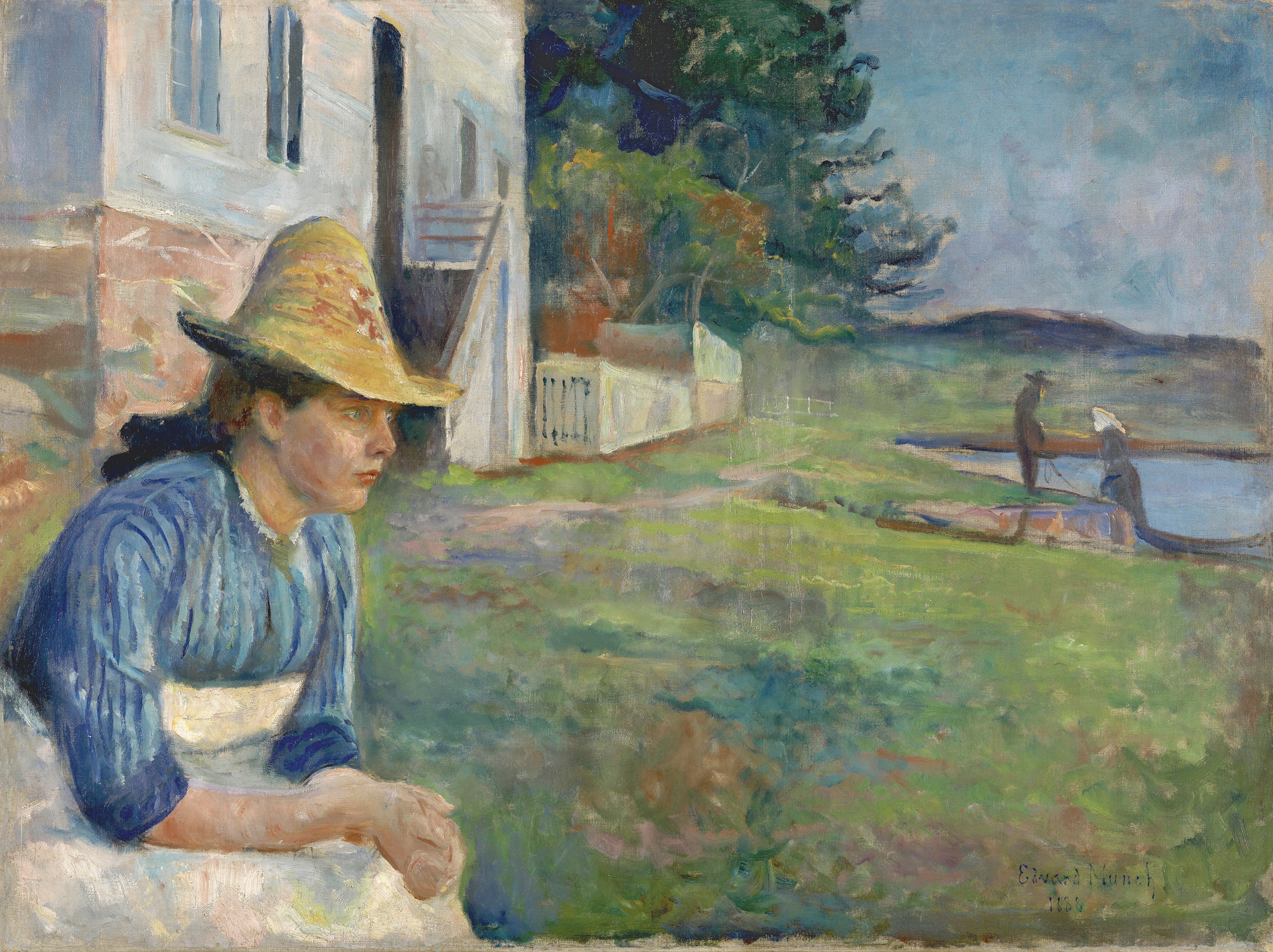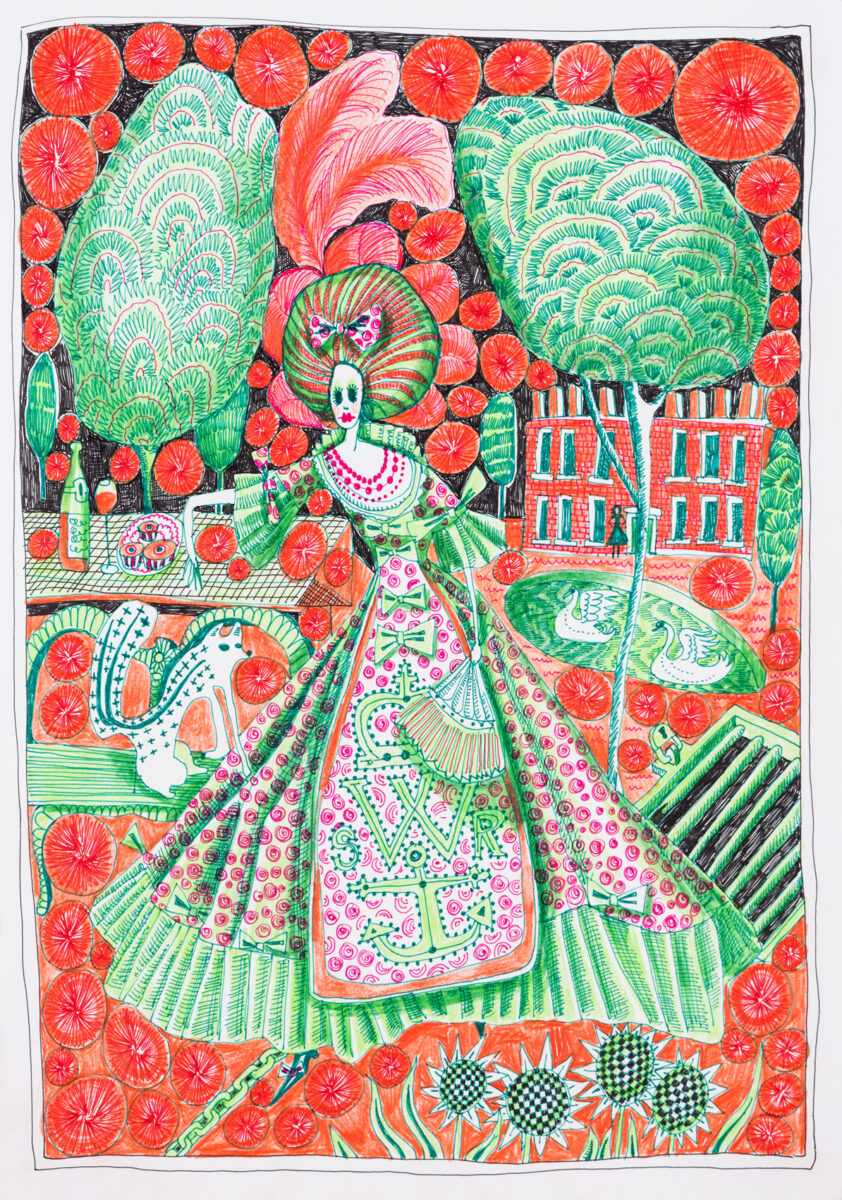There I was, standing in the book aisle with a choice before me. One that would dictate my mental state for the week ahead: I could pick up Boris Johnson’s hotly anticipated autobiography (although, at £30, it would mean putting the bottle of wine in my basket back on the shelf) or I could choose Miranda Hart’s latest literary offering.
Externally, all seemed calm. Internally, an almighty battle of the books was raging within me. The price of Boris’ ruled out the option of buying both. So, which should I pick? Whose voice should I invite to live inside my brain for the next five days? Both books were offering me a cultural bandwagon to hop on, I just had to decide which wagon looked like the better option.
Boris… Miranda… Boris… Miranda… Boris… Miranda…
After some intense deliberation, I popped BoJo’s memoir back on the shelf and became the proud owner of Miranda Hart’s new book. And I must admit, after hearing from friends who chose Boris to be the victor of their own battle of the books, I am very happy with my decision.
Miranda Hart, the deeply beloved comic actor, sit-com writer, and stand-up comedian, hasn’t been entirely honest with us. For decades, she has been suffering with what she now knows to be Lyme Disease. In her book, she draws back the curtain and reveals a lifetime worth of suffering with illness after illness – bronchitis, tonsillitis, pericarditis, gastroenteritis, labyrinthitis – as Miranda succinctly puts it, ‘too many itises’. Despite illness being her body’s default state, Miranda kept calm(ish) and kept on. That is, until around a decade ago when her symptoms became simply unbearable.
She tells the story of collapsing onto her living room floor, extreme fatigue rendering her utterly unable to pick herself up. This was the beginning of months of being bedbound and years of having to press pause on her life. Miranda recalls how she wept with relief at being able to crawl to the bathroom, of how she had to watch the television with sunglasses on because of neurological symptoms, and how she would ‘look at a cup of tea on the table and wonder if I had the strength to take a sip’. She also paints a terrifying picture of not being believed - of living with an illness that nobody can understand, of suffering with symptoms that have no explanation. Miranda contracted Lyme Disease when she was fourteen, and had it diagnosed when she was in her forties.
It seems that Miranda Hart is trusting that all that she can see is not all that there is – that her suffering is not the truest thing about her and that she doesn’t need to be the source of all of her healing.
For those with no experience of living with a chronic illness, Miranda’s honesty will open your eyes to the pain and frustration that comes with your body not allowing you to live the life you crave. If you do have experience of chronic illness, this book will make you feel seen.
But, alas, this is Miranda Hart we’re talking about. If you’re looking for a woe-is-me book, this isn’t it (maybe you’d have more luck trying Boris?). This book is brimming with:
A) End-of-chapter dance breaks
B) Jokes about wind (obviously)
C) Theology
I kid you not.
Each of her chapters outline a ‘treasure’ that she has found in the depth of her suffering, the ‘watchwords’ that she uses to encapsulate these treasures are: love, faithfulness, peace, self-control, kindness, goodness, joy, gentleness and patience.
I got to chapter four of the book and had myself a real – ‘hang on a minute…’ - moment. As a Christian, I’ve grown up with another way of grouping those words together: I call them ‘the fruits of the Spirit’.
By chapter five I was convinced: Miranda Hart has released a spiritual book.
She has, quite excellently, trojan-horsed a bunch of Bible into the Sunday Times best-seller’s chart. And nobody seems to have noticed, I almost feel a little guilty for outing her. All the book reviews I’ve read note the hard-won warmth and wisdom included in this book (both of which are there, by the way) and conclude that it is a truly lovely self-help manual. And that’s where they’re wrong.
This is precisely not self-help.
In fact, I get the subtle sense that the self-help industry is one that irks Miranda a little bit, and understandably so – the idea that we can ice-bath ourselves into wellness must sound odd to someone who can’t pick themselves up off their living room floor. So, I’ll say it again: self-help is not what this book is.
Instead, it seems that Miranda Hart is trusting that all that she can see is not all that there is – that her suffering is not the truest thing about her and that she doesn’t need to be the source of all of her healing. She mentions, again and again, that the truest thing about her (and us, her 'Dear Reader Chums') is that she, and we, are loved. Deeply, unconditionally, unshakably loved. We haven’t earnt it and therefore can’t lose it. In her darkest moments, she had lost everything – her career, her social life, her home, her hopes and dreams - but she never lost that love. Everything else she has to say in the book flows from that belief.
I happen to think she’s dead right – but that is, undeniably, a faith statement. This book is built upon them.
And listen, you could read this lovely book – giggle and weep your way through it – without ever sensing anything supernatural within it. But, make no mistake, there is the supernatural within it.
What Miranda has affectionately called her ‘treasures’ and the Bible calls ‘the fruits of the Spirit’ are just that; they’re what grow when one lives a life informed by and infused with God’s spirit. They’re the tangible symptoms of putting yourself in God’s presence, of keeping company with him. They are him rubbing off on us.
What I’m trying to get at is this: these ‘fruits’, they’re seen in us, but they’re all God. They’re not the fruits of the self and so the way to obtain them cannot be self-help.
Miranda obviously appreciates that belief in any divine/supernatural/transcendent thing can be complex, that the notion of ‘god’ can come with baggage, and religion can be an all-out no-no. And so, she is incredibly subtle with what she has to say. This book is not self-help, but it’s not evangelism either. She uses her beloved ‘ists’ (phycologists, neurologists, sociologists etc.) to unpack the ‘treasures’/’fruits’, showing how recent research and ancient religion have many of the same things to say.
And listen, you could read this lovely book – giggle and weep your way through it – without ever sensing anything supernatural within it. But, make no mistake, there is the supernatural within it. From the opening page to the closing one, God’s there, hidden in plain sight.
I really am unspeakably glad I didn’t pick Boris.










